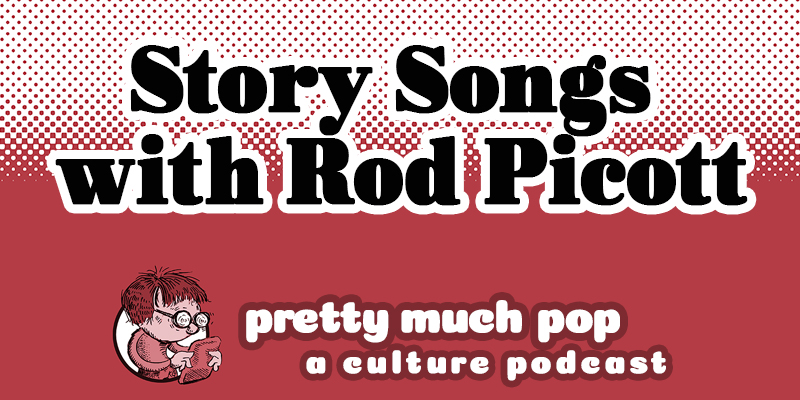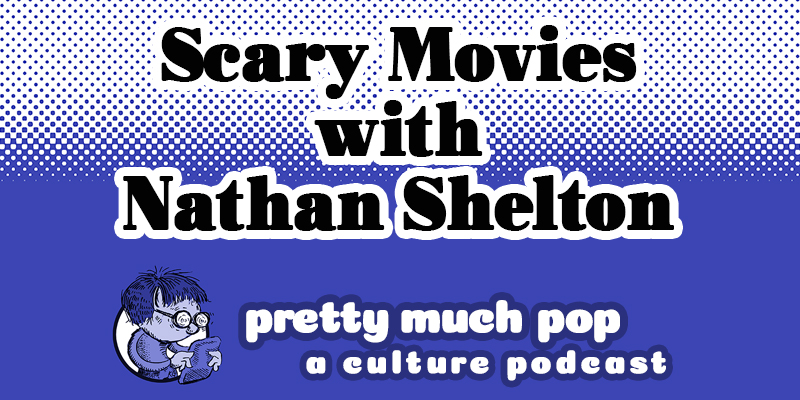
The big questions of philosophy, simmering since antiquity, still press upon us as they did the Athenians of old (and all ancient people who have philosophized): what obligations do we really owe to family, friends, or strangers? Do we live as free agents or beings controlled by fate or the gods (or genes or a computer simulation)? What is a good life? How do we create societies that maximize freedom and happiness (or whatever ultimate values we hold dear)? What is language, what is art, and where did they come from?
These questions may not be answered with a brute appeal to facts, though without science we are groping in the dark. Religion takes big questions seriously but tells converts to take its supernatural answers on faith. “Between theology and science there is a No Man’s Land,” writes Bertrand Russell, “exposed to attack from both sides; this No Man’s Land is philosophy.” Philosophy reaches beyond certainty, to “speculations on matters as to which definite knowledge has, so far, been unascertainable.” And yet, like science, “it appeals to human reason rather than authority.”
The concerns of philosophy have narrowed since Russell’s time, not to mention the time of Socrates, put to death for leading the youth astray. But professors of philosophy still raise the ire of the public, accused of seducing students from the safe spaces of sacred dogma and secular utility. “To study philosophy,” wrote Cicero, “is nothing but to prepare oneself to die.” It is a poetic turn of phrase, and yes, we must confront mortality, but philosophy also asks us to confront the limits of human knowledge and power in the face of the unknown. Dangerous indeed.
Should you decide to embark on this journey yourself, you will meet with no small number of fellow travelers along the way. Bring some earphones, you can hear them in the trove of 88 philosophy podcasts compiled on the philosophy website Daily Nous. “How many philosophy podcasts are there?” asks Daily Nous, who brings us this list. “Over 80, and they take a variety of forms.” See 15 below, with descriptions, see the rest at Daily Nous, and enjoy your sojourn into “no man’s land.”
- 5 Questions (interviews about philosophers themselves w/ Kieran Setiya)
- Embrace the Void (conversations w/ Aaron Rabinowitz)
- Getting Ethics to Work (interviews and discussion w/ Andy Cullison and Kate Berry
- Hi-Phi Nation (edited narratives w/ Barry Lam)
- The History of Philosophy without any Gaps (mix of monologues and interviews w/ Peter Adamson)
- New Books in Philosophy (interviews w/ Carrie Figdor, Alexus McLeod, Marshall Poe, & Robert Talisse)
- Partially Examined Life (“reading group” discussions w/ Mark Linsenmayer, Seth Paskin, Wes Alwan, & Dylan Casey)
- Philosophy Bites (short interviews w/ David Edmonds & Nigel Warburton)
- Philosophy Talk (conversations w/ Stanford Faculty incl. John Perry, formerly Ken Taylor, Ray Briggs, Debra Satz, Josh Landy, et al.)
- Political Philosophy Podcast (interviews w/ Tobias Buckle)
- Philosophers On Medicine (interviews w/ Jonathan Fuller)
- Reductio (edited narratives w/ Andrew Lavin)
- SCI PHI (interviews w/ Nick Zautra)
- Unmute (interviews w/ Myisha Cherry)
- Very Bad Wizards (conversations w/ Tamler Sommers & David Pizarro)
See the full list here. And explore our collection of 200 Free Online Philosophy Courses here.
Related Content:
Free Online Philosophy Courses
Learn Philosophy with a Wealth of Free Courses, Podcasts and YouTube Videos
Oxford’s Free Introduction to Philosophy: Stream 41 Lectures
Josh Jones is a writer and musician based in Durham, NC. Follow him at @jdmagness






